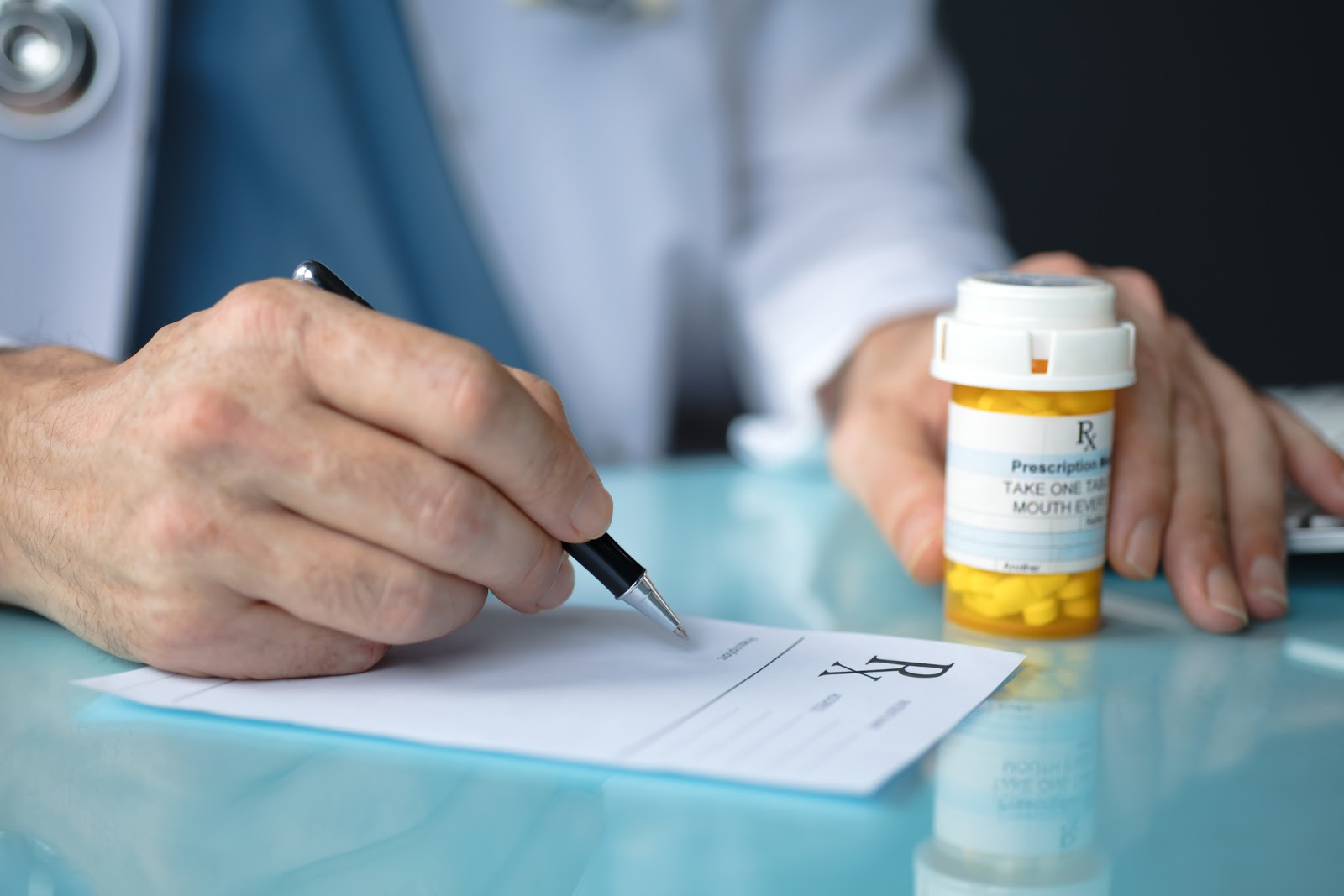
If you’ve ever been halfway through a recipe and forgotten the ingredients you’ve already added, you know how quickly you can compromise a cake, loaf of bread or evening meal. While baking does require precision, a slight mistake in the measurement of a teaspoon won’t completely wreck the dish when you momentarily draw a blank. However, other things do require our especial attention because the risk is higher than that of using a teaspoon of the wrong ingredient. When it comes to managing medications, for example, it’s important to maintain a diligent attentiveness.
When it comes to keeping track of which medications to take, when and how, consider some of these tips to help when you’re short on time, busy or otherwise distracted.
1. Organize it
A pile of prescription bottles, whether on your counter, nightstand or balanced precariously in the bathroom cupboard, is enough to overwhelm anyone. To completely avoid this risk, invest in a little pill box. Even if you only fill that pill box once a week, their compartments help you stay organized according to the day of the month. This is also a great way to stay on top of your prescriptions, knowing when one is scheduled to run out, so you don’t ever have to miss a day of medication because of a lack of preparation. Organizing your medication also helps streamline which medications need to be taken at individual times.
2. Use a single pharmacy
While it might be convenient to swing into the nearest pharmacy after your doctor’s appointment, resist the urge and have all your prescriptions filled out at the same pharmacy. Transferring prescriptions between multiple pharmacies runs the risk of information being delayed or lost, resulting in late prescriptions.
Additionally, this keeps all your information in one place, making it easier to catch potential problems, such as two drugs which shouldn’t be taken at the same time.
3. Set reminders
Especially on busy days, it can be easy to forget to take your medication, especially if it’s during an inconvenient time. Set reminders for yourself that indicate when it’s time to take your meds. Even if you leave a sticky note reminder on your computer, you might get so used to seeing it every day that it ceases to be effective. Setting alarms on your phone, watch or computer will win your attention, even if you’re in the middle of a Zoom call or errand.
Additionally, consider asking a friend who you see regularly throughout the day to periodically check if you’ve taken your morning and/or afternoon doses. Having an accountability partner can help keep you on task, whether or not you needed their reminder.
4. Educate yourself
The more you know about your prescriptions, the better. Read the labels, know the conditions each medication is designed to treat, know how much you’re prescribed, learn the side effects and familiarize yourself with any potential side effects. Whatever questions you might have, be sure to ask your doctor, pharmacist or psychiatrist.
5. Get into a routine
As with anything, introducing prescriptions into your life takes time. However, if you stay focused on creating a routine – such as taking A, B and C prescriptions after breakfast and waiting until right after lunch to take D and E prescriptions – you will quickly adopt a reliable habit. It will be easier to remember to take your medication if it’s at a designated time, and you also won’t fall victim to the guessing game of “I think I took this one today….I think?” Play it safe and schedule it into your day.
6. Communicate
No matter what tips and tricks you test run, managing medications on your own can be intimidating, especially if it’s not something you’ve ever had to do before. If you do have questions or concerns about your medication, it’s important to reach out to a licensed healthcare professional. Our psychiatrists at Seeds of Hope are trained in medication management and are always more than happy to discuss management plans with you. Call (610) 644-6464 today, if you’re interested in taking steps toward more effective medication management through recovery.


